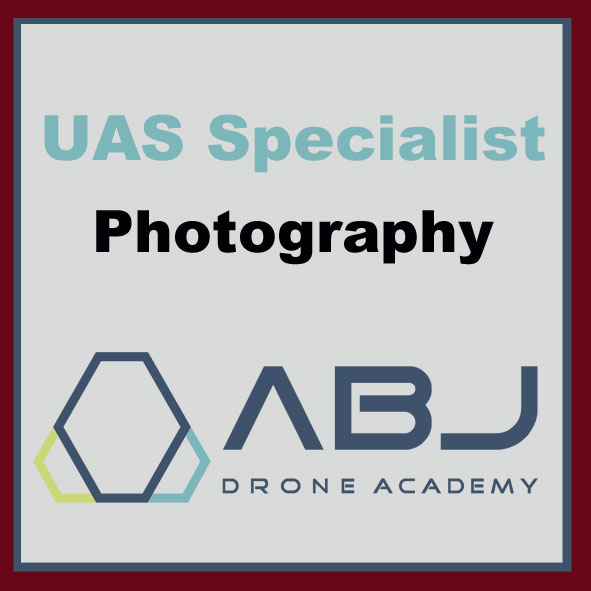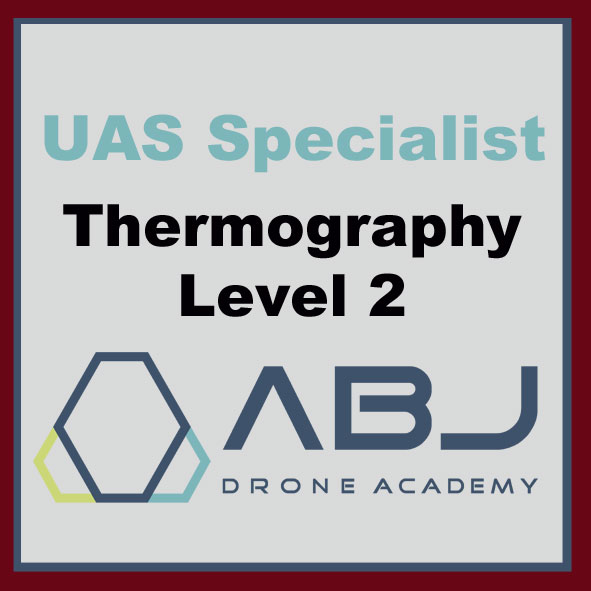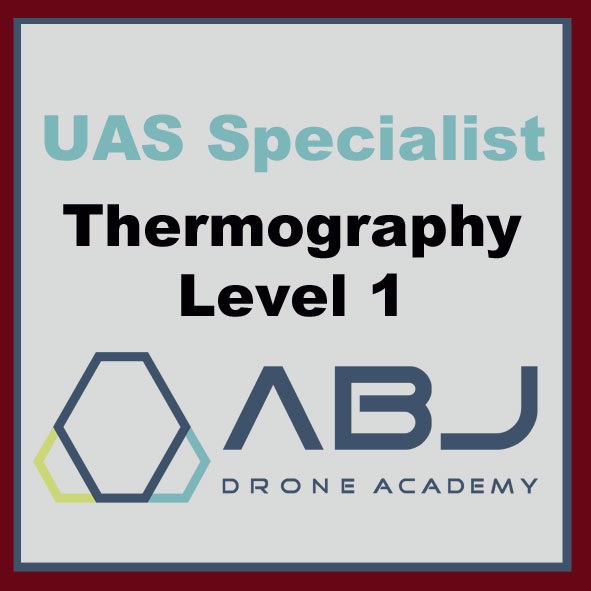
This course provides a comprehensive introduction to UAS thermography. Following ISO standards, it covers the fundamentals of infrared science and thermal physics, thermal camera design and operation, and an introduction to interpreting thermal images. It concludes with a section giving you the practical knowledge necessary to perform live inspections of photovoltaic cell solar panels.
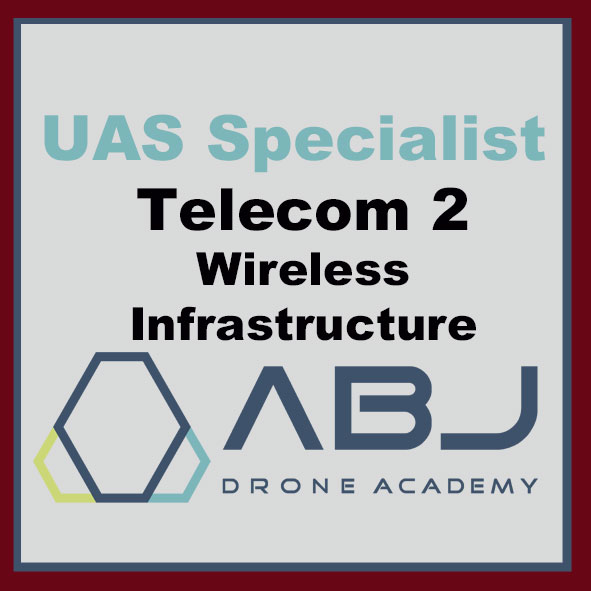
The telecommunications industry makes extensive use of high structures that need regular inspections. Unmanned Aircraft Systems (UAS or drones) are ideal for close inspection of these without the need to put a human at risk by ascending to height. As a result, there is a demand for knowledgeable UAS pilots who can do this type of work.
ABJ Drone Academy offers a series of courses that build up your knowledge so that you can work safely in this industry.
The Telecom 2 course gives you an understanding of wireless infrastructure including a detailed explanation of what kinds of towers, antennas and infrastructure are used in the telecommunications industry to support mobile phone communications. Importantly, the course details which kinds of transmitting devices can harm you or your UAS.
You should complete the Telecom 1 course before beginning this course.
There is no practical segment for this course, all requirements are covered in the online segment.
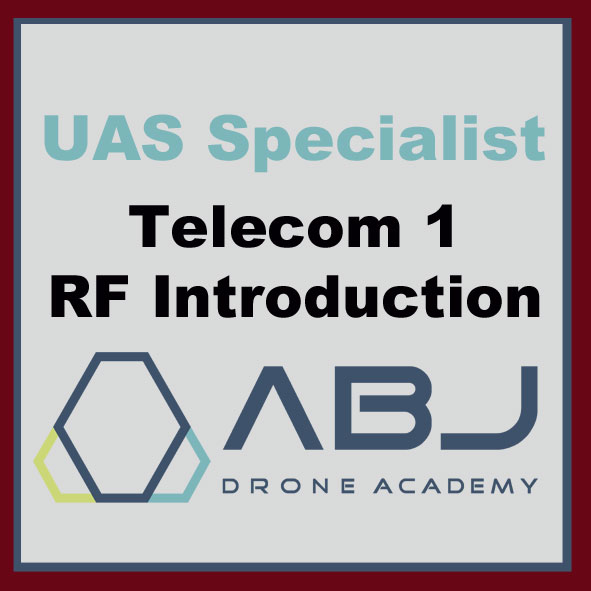
This course is to give you a basic understanding of Electromagnetic Energy/Radio Frequencies and how both can impact your health and UAS system. Examples provided within are a combination of International and United States rules and regulations. We have selected the best examples of what is used globally in order to give you the most useful information possible.
A comprehensive understanding of the type of energy fields that surround all of us every day and how they impact us as humans and as pilots with UAS is essential. For most work pilots perform, the end results is to capture images and video with a camera; this needs to be done with a full knowledge of the potential hazards involved, for both the pilot and drone.
The UAS Videographer course is ideal for any experienced UAS/drone pilot who wants to get their video making skills up to a professional level. Making pro-quality videos involves much more than taking a few nice shots. Clients expect a well edited, slick product, complete with captions, music and presented in the correct digital format for the specific application they have in mind.
This course complements the ABJ Drone Academy UAS Photography course well; that course introduces all the principles of photography and applies them to the world of drones. The UAS Videographer course goes further and explains how to create stunning, professional videos to meet the demands of a paying client.
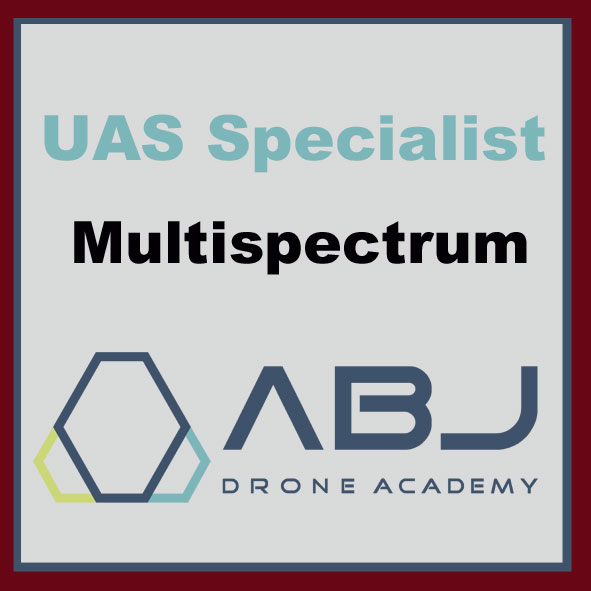
A multispectral camera captures image data within specific wavelength ranges (also called spectral bands) across the electromagnetic spectrum. They often include a combination of both visible light and EM radiation outside of what the human eye can see.
Multispectral cameras mounted on UAS are primarily used in one industry right now; agriculture. By picking the right spectral bands, a UAS-mounted multispectral camera can be used to manage crops, soil, fertilizing and irrigation more effectively.
This course will teach you how to choose and use a UAS mounted multispectrum camera so that you can find work in this exciting new area of technology.
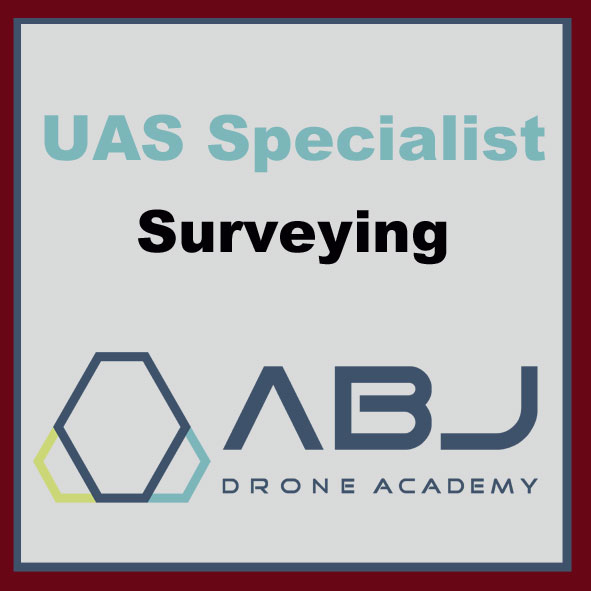
This course is designed for UAS pilots looking to expand their skill set to include surveying, mapping, or modelling. It will lead you through the basics of UAS surveying from flight planning to data capture. No prior knowledge of the subject matter is required.
